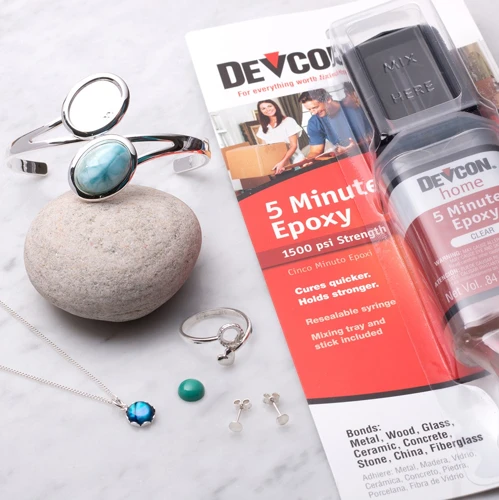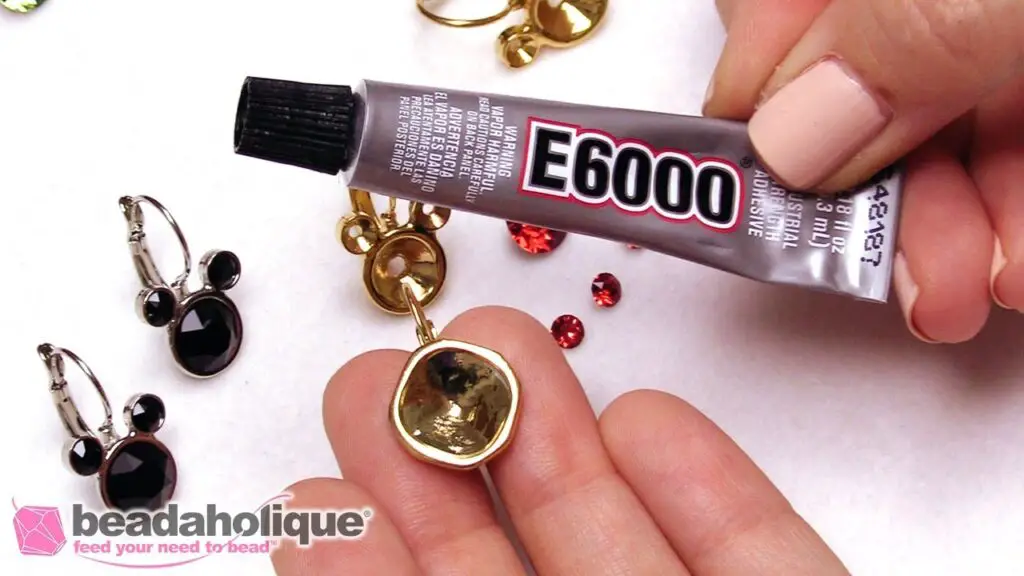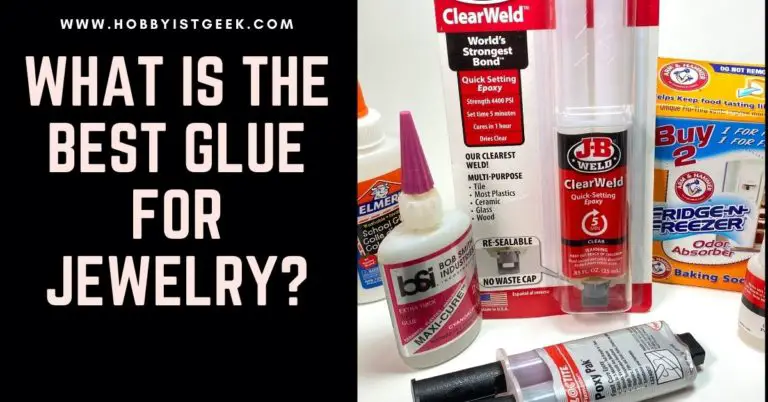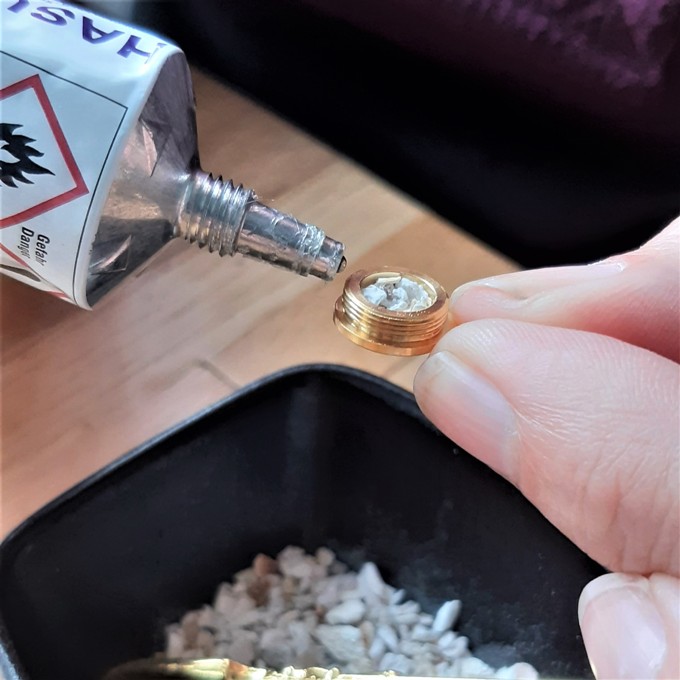The Essential Guide to Jewellery Glue: Securing Stones with Precision and Confidence
Related Articles: The Essential Guide to Jewellery Glue: Securing Stones with Precision and Confidence
Introduction
With great pleasure, we will explore the intriguing topic related to The Essential Guide to Jewellery Glue: Securing Stones with Precision and Confidence. Let’s weave interesting information and offer fresh perspectives to the readers.
Table of Content
The Essential Guide to Jewellery Glue: Securing Stones with Precision and Confidence

The allure of jewellery lies in its intricate details, and stones play a pivotal role in enhancing its beauty and value. Whether it’s a dazzling diamond, a vibrant gemstone, or a delicate pearl, the secure attachment of these elements is paramount. While traditional methods like prong settings and bezels remain popular, jewellery glue offers a versatile and reliable alternative, particularly for delicate pieces and intricate designs.
This comprehensive guide delves into the world of jewellery glue, exploring its application, advantages, and considerations. It aims to equip readers with the knowledge needed to confidently choose and utilize this adhesive for their jewellery-making endeavors.
Understanding the Role of Jewellery Glue
Jewellery glue serves as a powerful tool for securely attaching stones to various jewellery components, including metal settings, bezels, and even other stones. Its purpose extends beyond mere adhesion, providing a robust bond that withstands the rigors of everyday wear and tear.
Types of Jewellery Glue
The market offers a diverse range of jewellery glues, each tailored to specific needs and applications. Key categories include:
- Epoxy Resin Glues: Known for their exceptional strength and durability, epoxy resin glues are ideal for securing heavier stones and intricate designs. They typically require a two-part mixing process, ensuring a strong chemical bond.
- Cyanoacrylate Glues (Super Glues): These glues offer rapid setting times and excellent adhesion. They are particularly well-suited for smaller stones and delicate settings. However, their thin viscosity can make them challenging to control, requiring careful application.
- UV-Curable Glues: This type of glue utilizes ultraviolet light to initiate and solidify the bonding process. UV-curable glues are favored for their fast curing times and precise control, enabling clean and seamless applications.
- Hot Melt Glues: These glues are applied in molten form, solidifying upon cooling. They offer a quick and convenient bonding solution, particularly for temporary or easily removable applications.
Factors to Consider When Choosing Jewellery Glue
Selecting the appropriate jewellery glue hinges on several factors:
- Type of Stone: The weight, size, and fragility of the stone dictate the glue’s strength and setting requirements. Heavier stones necessitate stronger adhesives, while delicate stones may benefit from a more flexible bond.
- Metal Type: Certain glues exhibit better compatibility with specific metals. For instance, epoxy resin glues tend to bond well with silver and gold, while others may require specialized formulations for different metals.
- Application: The intended use of the jewellery piece influences the glue’s durability and resistance to wear and tear. For daily wear, a robust and long-lasting adhesive is essential, while temporary applications may necessitate a more readily removable glue.
- Setting: The type of setting, whether a bezel, prong, or other configuration, dictates the glue’s application method and the required level of adhesion.
- Transparency: The glue’s clarity is paramount for preserving the stone’s brilliance and enhancing the overall aesthetic appeal of the jewellery piece.
- Curing Time: The time required for the glue to fully solidify is crucial for efficient workflow and ensuring a secure bond.
Tips for Using Jewellery Glue Effectively
- Cleanliness is paramount: Ensure the surfaces to be bonded are clean and free from dust, debris, or any residue. This maximizes adhesion and prevents premature failure.
- Precise application: Apply the glue sparingly and precisely, avoiding excessive amounts that can seep onto the stone’s surface or create unsightly blemishes.
- Proper curing: Adhere to the manufacturer’s recommended curing time and conditions for optimal bond strength.
- Protection: After application, allow the glue to cure undisturbed, preventing any potential damage or displacement.
- Testing: Before embarking on a final application, test the glue on a scrap piece of metal or stone to ensure compatibility and desired adhesion.
Benefits of Using Jewellery Glue
- Versatility: Jewellery glue caters to a wide range of applications, from securing stones in intricate settings to creating unique jewellery designs.
- Durability: High-quality jewellery glues provide a robust bond that withstands the rigors of everyday wear and tear, ensuring the longevity of your jewellery.
- Precision: The adhesive’s controlled application enables precise placement of stones, minimizing the risk of damage or displacement.
- Cost-effectiveness: Jewellery glue offers a cost-effective alternative to traditional setting methods, particularly for delicate stones and intricate designs.
- Accessibility: Jewellery glue is readily available from various retailers, making it easily accessible for both hobbyists and professional jewellers.
FAQs about Jewellery Glue
Q: Is jewellery glue waterproof?
A: Most jewellery glues offer water resistance, but the level of protection can vary depending on the specific formulation. Choose a glue specifically designed for waterproof applications if your jewellery will be exposed to water frequently.
Q: Can I use regular glue for jewellery?
A: Regular glues are not suitable for jewellery applications. They lack the necessary strength, durability, and compatibility with precious metals and stones.
Q: How long does jewellery glue last?
A: The lifespan of jewellery glue depends on its quality, the type of setting, and the care taken with the jewellery piece. High-quality glues can provide long-lasting bonds, but regular inspections and maintenance are recommended.
Q: Can I remove jewellery glue?
A: Some jewellery glues are designed to be removable, while others are permanent. Consult the manufacturer’s instructions or seek guidance from a professional jeweller before attempting removal.
Q: Is jewellery glue safe for skin?
A: Most jewellery glues are safe for skin once fully cured. However, it’s advisable to avoid contact with uncured glue and to wash your hands thoroughly after application.
Conclusion
Jewellery glue presents a valuable tool for securing stones in jewellery, offering versatility, durability, and precision. By understanding the different types of glue, their properties, and the factors influencing their choice, individuals can confidently utilize this adhesive to create beautiful and long-lasting jewellery pieces. With proper application techniques and careful maintenance, jewellery glue enables the creation of stunning and enduring works of art, enhancing the beauty and value of jewellery for years to come.




![Top 5 Best Glues for Rhinestone [Review] - Jewelry & Metal Instant Glue](https://i.ytimg.com/vi/aRMQQCkWKpo/maxresdefault.jpg)



Closure
Thus, we hope this article has provided valuable insights into The Essential Guide to Jewellery Glue: Securing Stones with Precision and Confidence. We appreciate your attention to our article. See you in our next article!
